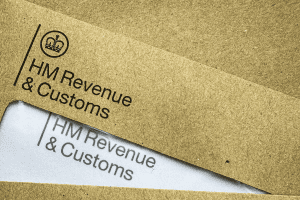What is a business plan?
A business plan is a document that outlines how to start a new business or run an existing one. It clearly sets out objectives and strategy, as well as sales, marketing, and financial forecasts. It helps to explain the purpose of a business. It also finds problems before they happen and shows what success looks like.
How to write a business plan
Here are seven business plan essentials to help get you started.
1) Executive summary
The most important part of the business plan is the executive summary. This section includes the business’s mission statement, growth plans, products, services, and financial details. This also features the founders and their biographies.
2) Detailed company descriptions
More detailed information on each of the factors included in the executive summary will also need to be given, especially on the products and services. For example, how will the products or services work? Are they ready to launch or do they need further development? Make sure to highlight how the product or device will fulfil the needs of the target audience.
3) Organisation and management
An often-overlooked part of business planning, ensuring that those involved in the business have clearly defined roles and a robust reporting structure is essential for work to be delegated, managed and completed efficiently. It’s also a great way of emphasising the team’s strengths and showing how they all fit in to the business and how they will make it a success.
4) Market and competitor analysis
Understanding the market into which the business is entering or involved in will allow for more effective sales and marketing, leading to better financial results. Try to define the target audience in as much detail as possible, as well as looking into competitors in order to identify what they are doing right, as well as potential areas of weakness and gaps in the market that the business can exploit.
5) Financial plans
A robust financial plan and explicit financial metrics for success should also be included. Outline how the company expects to convert R&D, marketing, and sales spending into revenue. Graphical representations of the information can be an excellent way of conveying this information. This is how an accountant can help with a business plan.
6) Marketing plans
This can also be described as a ‘growth strategy’, detailing how marketing techniques and sales tactics will be employed to raise the profile of the business and drive revenue. Discuss the specific channels to be employed, as well as the messaging to be used in both marketing material and sales meetings. Anticipate questions that people may ask about the product or service and prepare answers in advance.
7) Clarity and ease of use
The document needs to be clear and easy to understand both for internal and external audiences. Internal audiences should see the document as a complete source of information about the business. They can use it to help with their daily decision-making. External audiences, including potential investors, should be able to get a complete vision of the business and its goals.
At J Sweeney Accountants, we offer business planning services. We make sure your business plan is helpful and contains all the necessary information for a successful business start. Get in touch by giving us a call on 01604 950034.




